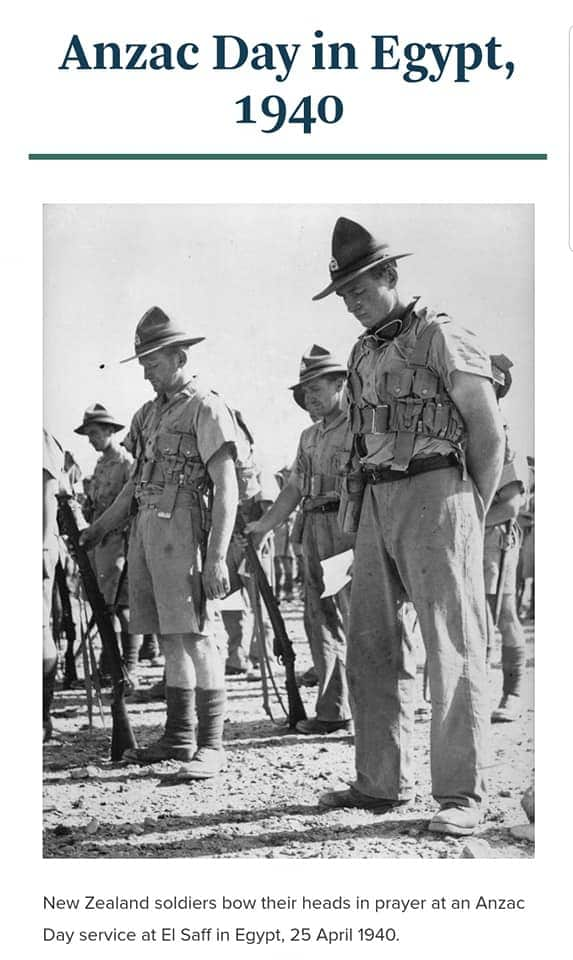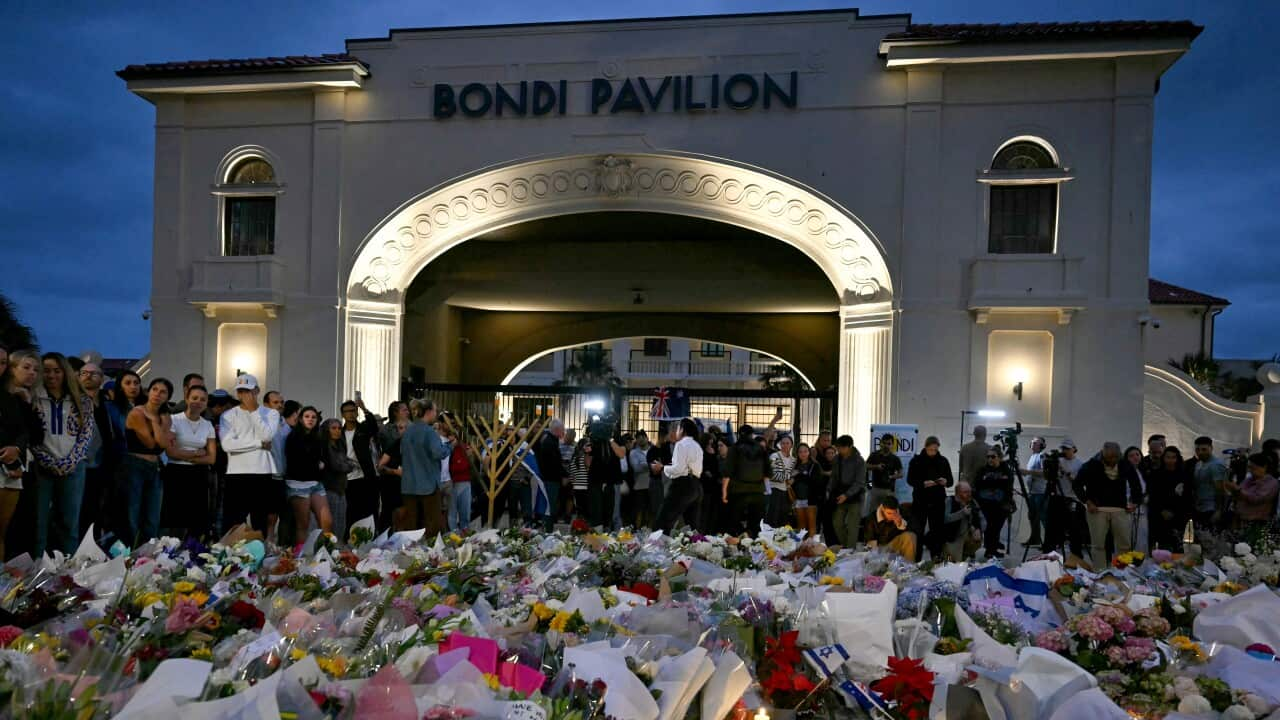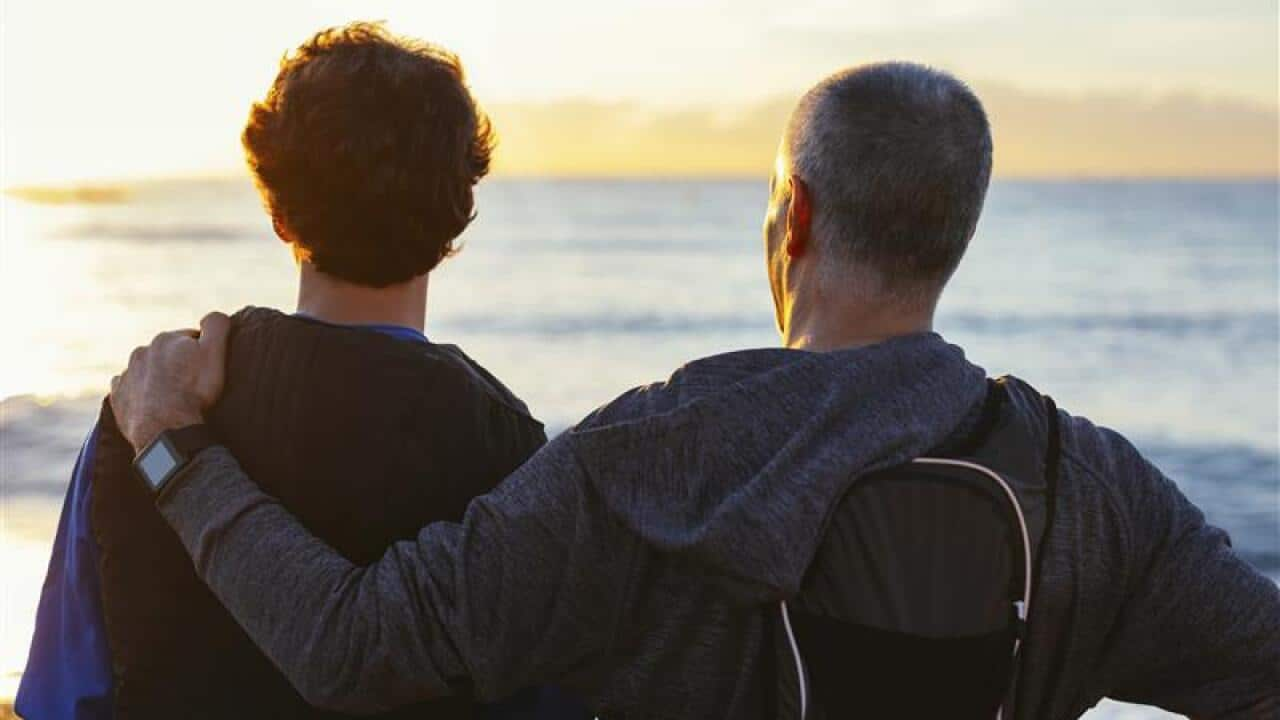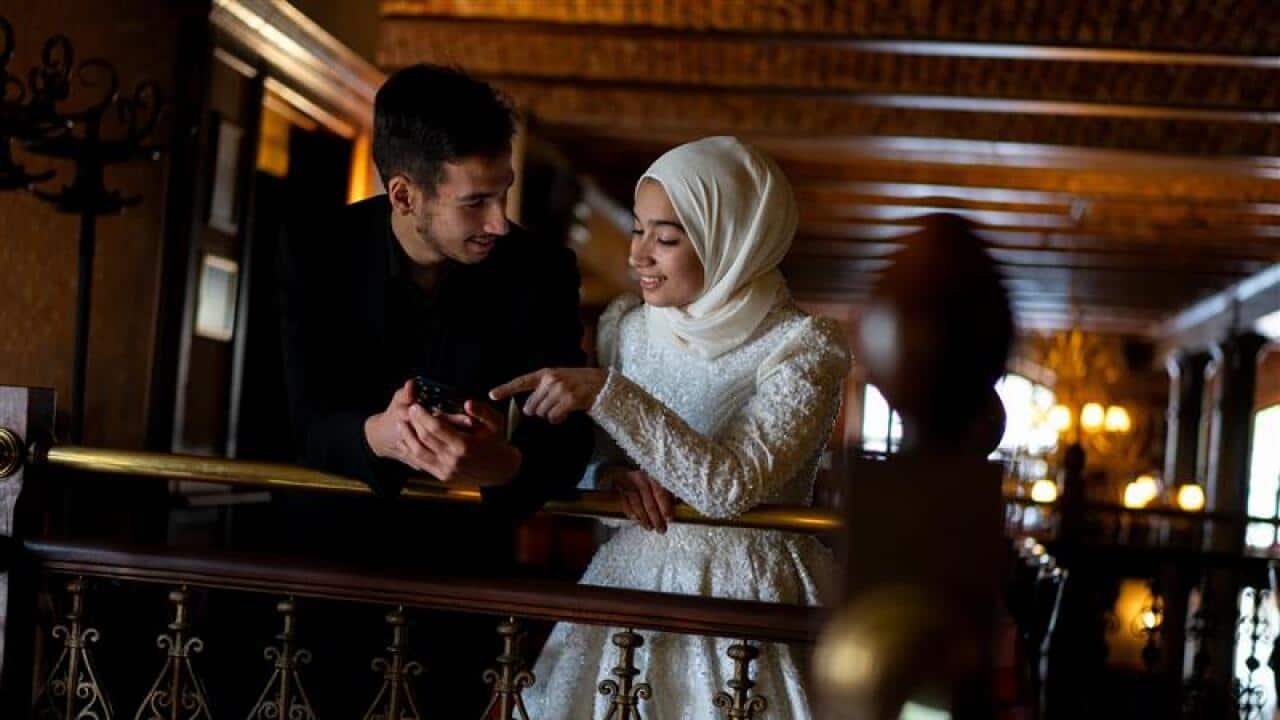Former WWI foes, Australia and Turkey, were embroiled in a war of words earlier this month, following threats made by Turkish President Rajab Tayib Ardogan to send Australians visiting the peninsula home in “coffins like their forefathers” if any expressed anti-Muslim sentiment in the wake of terrorist attacks at mosques in New Zealand
The president subsequently said he’d been misquoted, but tensions still remained high on the eve of Anzac Day, with Australian Veterans Affairs Minister Darren Chester defending a ban on Turkish nationals attending the Anzac Day dawn service on the Gallipoli peninsula.
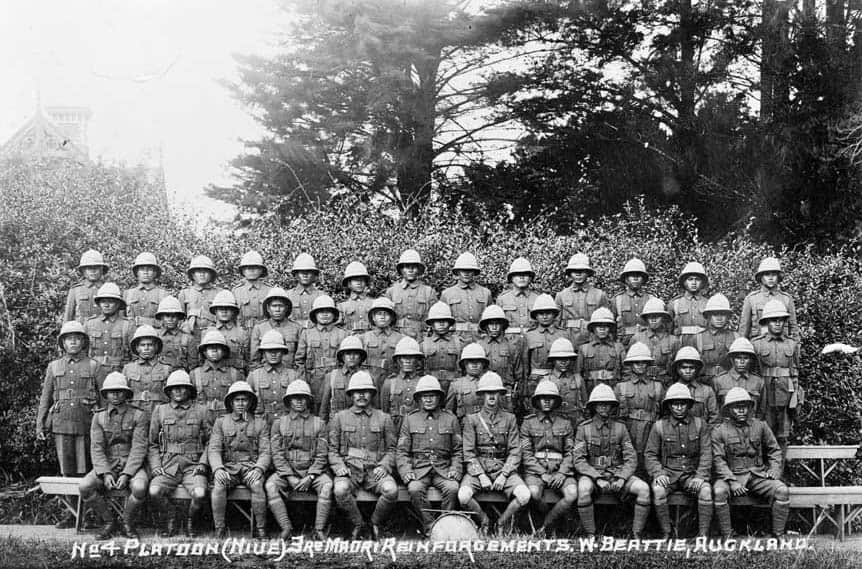
But vice chairman of The Australian Egyptian Forum Council Hany Adel said 25 April was an opportunity to build bridges.
He launched the #celebrate_ANZAC_in_Egypt hashtag after watching last year’s Anzac services on TV and the initiative has been widely supported by the Egyptian Ministry of Foreign Affairs and Immigration as it seeks to promote the historic Australian-Egyptian links.
“I was watching the parade on TV wondering why isn’t there any Egyptians? The Anzacs trained in Egypt and fought to liberate the Sues Cannel,” he told SBS Arabic24.
“I started calling my Australian friends who I knew their grand-fathers fought in WWI and found out that two of them served in Egypt and they loved it.”
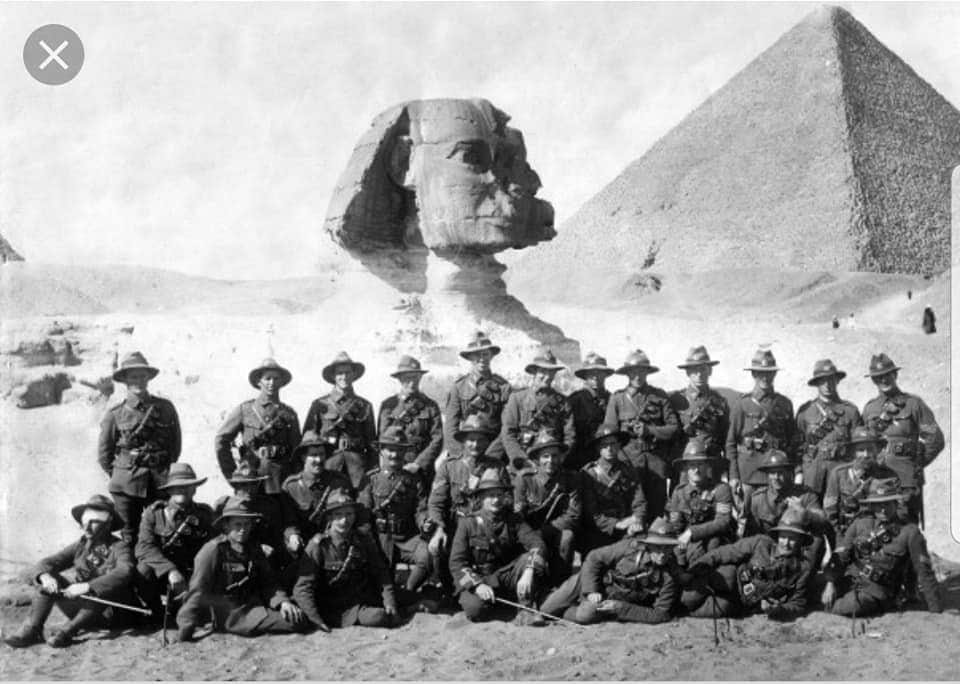
Among those friends he reached out to was Byron Brown, whose grandfather Private Maka Folau was sent to Egypt for training and served alongside 150 Niuean men as part of the New Zealand Expeditionary Force’s 3rd Maori Reinforcements.
Mr Brown said his grandfather was transported from New Zealand on 13 October 1915 and dispatched to Egypt.
Some of those men from NZ’s Niue Island had never worn boots before the war and suddenly found themselves on the other side of the world, heading to war.
Many of those new recruits fell sick on the journey and Mr Brown said many of them were sent to Egypt to recover in the warmer climate.
Mr Folau’s niece Gail-Sharon Aue said 80 per cent of the young men fell sick and some even died in transit, on their way to North Africa.
Private Maka Folau died in1984. But according to his family, he loved celebrating Anzac Day.
“He would get his medals ready and go down to the parade and my parents will push him on his wheel chair, it was an honour for him,” Mrs Aue said.
Mrs Aue added that her uncle and the other men were mostly excited about seeing the pyramids when they got to Egypt.
“The Pyramids was the thing they were most excited about. If you think about it the men from the Nuie Island have never the other side of the world,” she said.
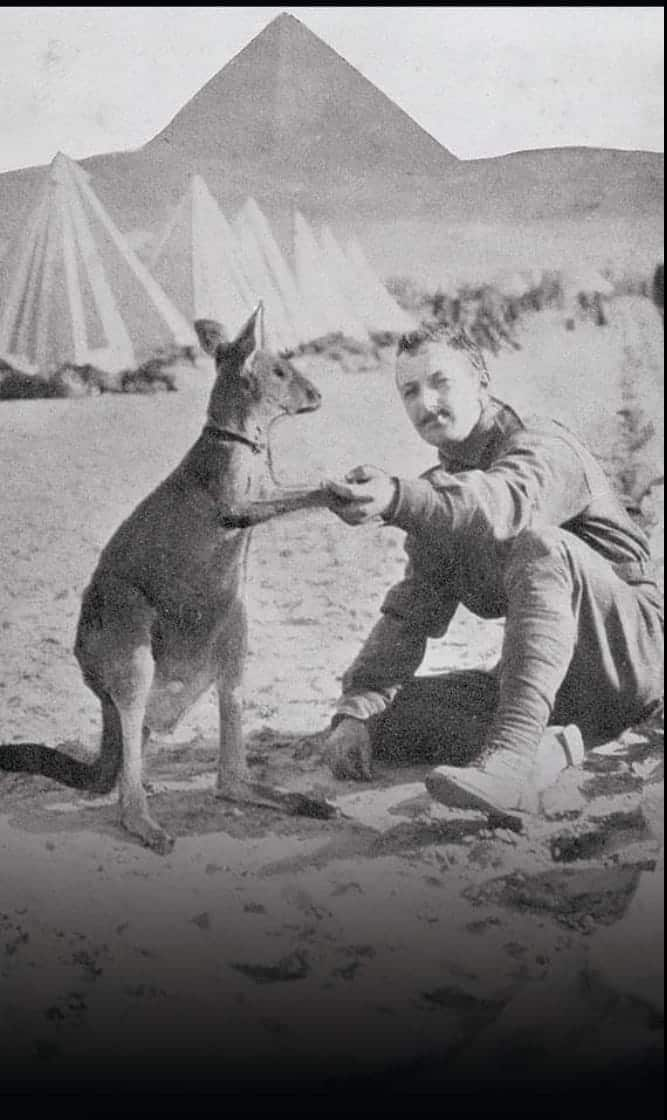
Egypt is no stranger to an Australian military presence – the first Australian Imperial Force enlistees were sent there, rather than Egypt. Those Diggers played a vital role in fighting the Ottoman Empire, with many even staying in the region after the Gallipoli evacuation to fight off the Turks threatening the vital Suez Canal.
Australia’s Light Horsemen would go on to fight in Palestine, Lebanon and Syria throughout the desert campaign, but during their stay in Egypt they would be billeted in a camp clled Mena – just 10 miles from the centre of Cairo.
Mr Adel said that welcoming spirit remained.
“You are always welcome in Egypt, we are similar in culture and we fought side-by-side,” he said.
“Come visit your grandfather’s graves and the cemetery we reserved for the Australian troops who fought in WWI”.
